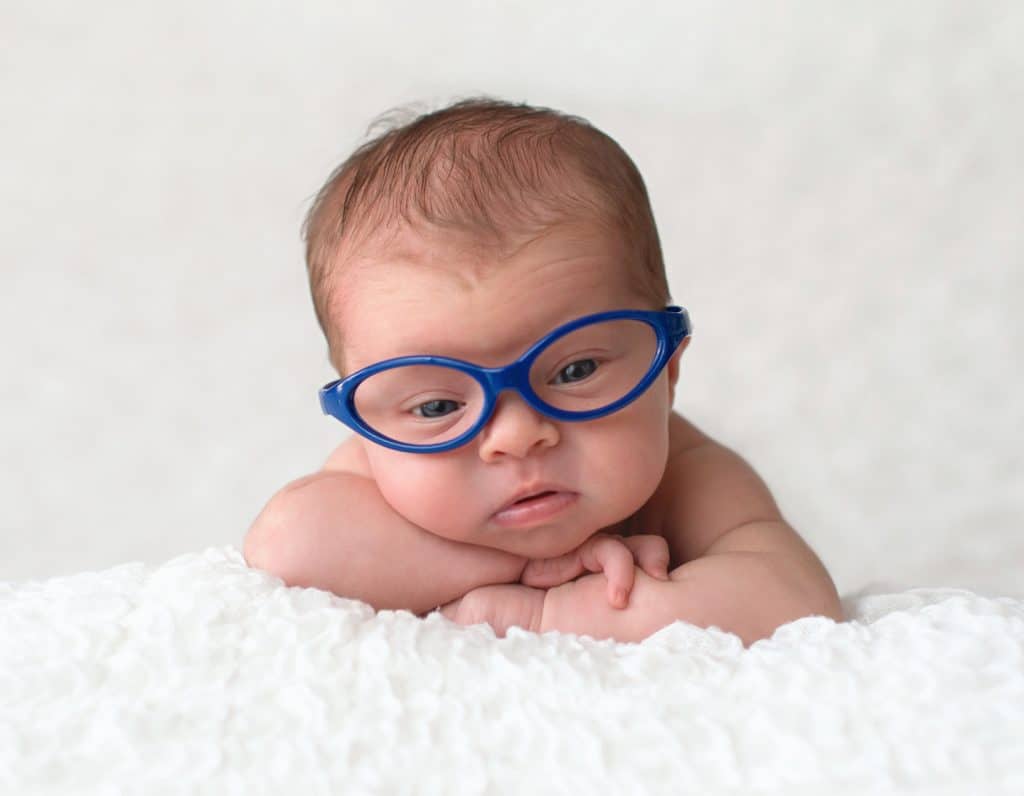
 Post Category - WellnessWellness - Post Category - HealthHealth
Post Category - WellnessWellness - Post Category - HealthHealthAre you doing all you can to protect your child’s eyesight and stop them from getting myopia? Limit screen time, play outside and other tips (including an app!) to stop your child becoming nearsighted
Eye scientist and adjunct research fellow of the Singapore Eye Research Institute (SERI) Dr. Mo Dirani is worried about your child’s eyesight. Given that 80% of kids in Singapore will be myopic (nearsighted) by the time they get to secondary school, you should be worried, too! There are measures you can take to protect your child’s eyes – from encouraging your child to play outdoors, to reading The Plano Adventures children’s book series and using the new plano app (it has auto pop-up alerts to remind your child on safe eyesight practices!). Read on for Dr. Dirani’s expert tips on protecting your child’s eyesight — a must-read in this digital age.
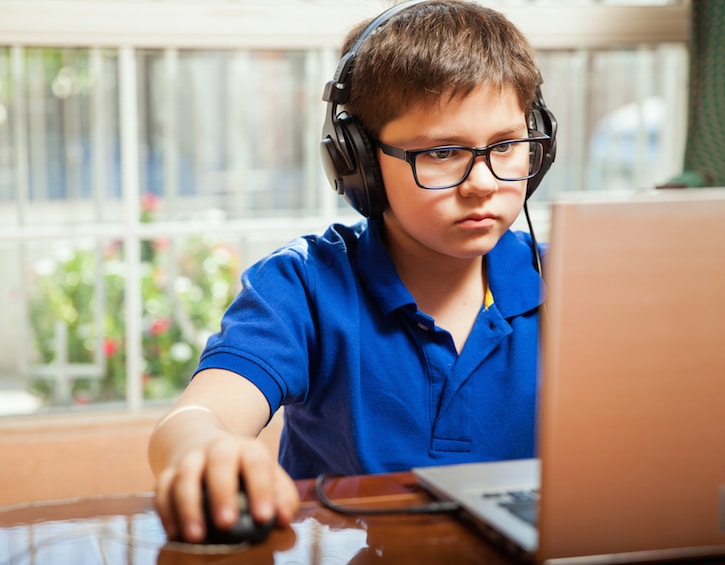
Myopia (aka ‘nearsightedness’ or ‘short-sightedness’) has become a global epidemic. It is projected that half of the world’s population will have myopia by the year 2050. In Singapore alone, up to 80% of children will be myopic by the time they complete secondary school. At least 10% of these children will develop sight-threatening high myopia, which can seriously restrict their academic acceleration, vocational options, and quality of life. The direct cost of treating myopia in Singapore is almost $1 Billion annually.
Myopia is caused by both our genes and our environment. Lifestyle factors that contribute to myopia include near work activity such as excessive screen time, face to screen distance, non-adherence to regular eye tests, and lack of outdoor activity.

As an eye scientist and managing director of health tech company plano, I co-led a major study testing the eyes over 3,000 children aged between 6 and 72 months study in Singapore. This study uncovered two major findings:
- 2+ hours of outdoor time a day can prevent or slow the progression of myopia
- 11% of pre-schoolers were already found to be myopic
The second finding is of particular importance, for the earlier you develop myopia, the chances of developing sight-threatening high myopia increase four to five-fold. So early intervention is critical, particularly in the digital age where our 2-year-olds are spending up to two hours of device time per day.
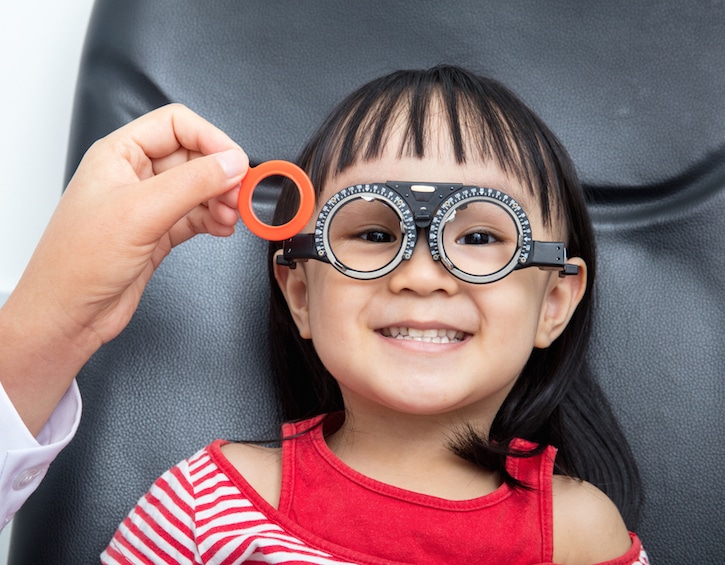
What can parents do to help safeguard their children against the environmental risks of developing myopia?
- DO keep reading material or devices at least 30cm from the face.
- DO take a break from your device every 30 minutes. In that break time have a walk around and try to look out into the distance for at least 2 seconds.
- DO your best to get outdoors time; 2 hours a day would be great.
- DO make sure you maintain good posture when using your device; don’t bend your neck downward (commonly known as “text neck”).
- DO make sure you blink when looking at your device to avoid straining your eyes.
- DO avoid using your device at least 2 hours before sleep time, to relax your mind and rest your eyes.
- DO use a blue light filter when using your device, as the blue light emitted from your phones and devices can be harmful for your eyes.
- DO book regular optometry eye examinations; or children over six years old, this should be once per year.
- DO NOT exceed more than 2 hours of device time a day
- DO NOT give devices to children under the age of two years old
Now, if you are thinking that this list is quite a handful and wondering how best to cultivate these behaviours, fret not! To empower children at doing so themselves, a power ensemble comprising best-selling children author Hwee Goh, award-winning illustrator David Liew, and myself, teamed up on a series of young children’s books. The Plano Adventures children’s book series is designed to speak directly to our next generation. Fantastical adventure tales were creatively woven to bring fun and excitement around science-based health tips – think travellators, dragons, mythical creatures and game battles!

Now, there’s more! Beyond these full-coloured, hand-illustrated early chapter books, parents can also consider downloading the Health Promotion Board (HPB) and Singapore National Eye Centre (SNEC)-endorsed plano app, which is free now for a limited period of time. The plano app works in the background of devices and brings to life the health tips mentioned above. Imagine an auto pop-up alert to remind your child to move the screen to a safe distance when you are not around to do so. This is just one of the many smart intuitive features available.
Ultimately, being myopic should not be seen as the norm. It is a disease and one that affects our quality of life (for far too long) and, in some cases, can lead to loss of vision. But here’s the silver lining: We all can play a part to fight myopia and it has to start now!
Save sight, Empower Lives!
Read more:
Scientists Who ‘Look Just Like Me’: The Asian Scientist Junior Book Series
The Top 10 LASIK Surgeons in Singapore



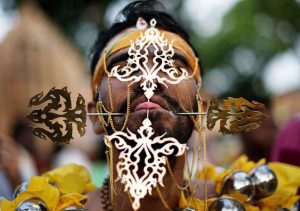


 View All
View All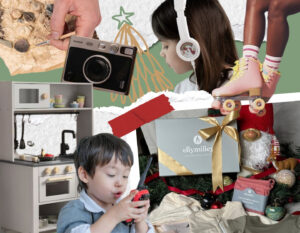





 View All
View All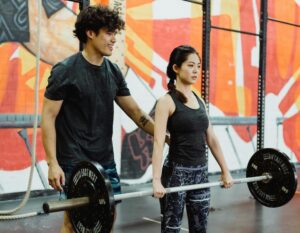






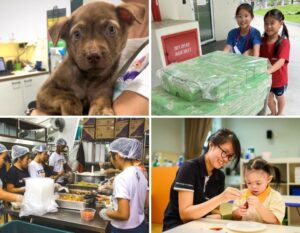



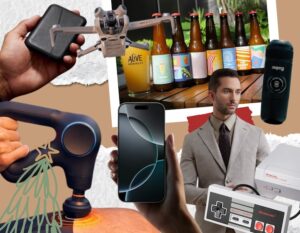
 View All
View All






